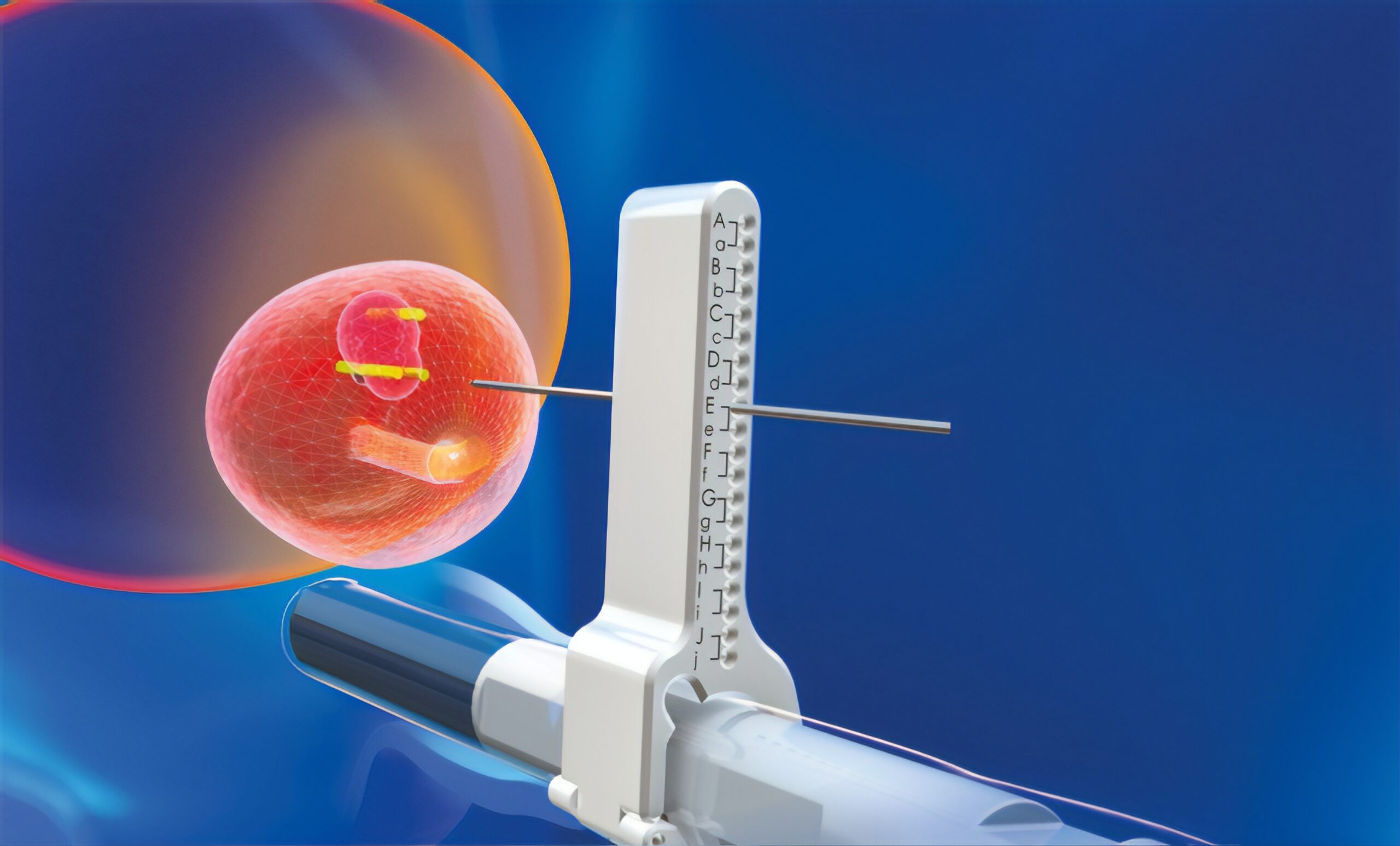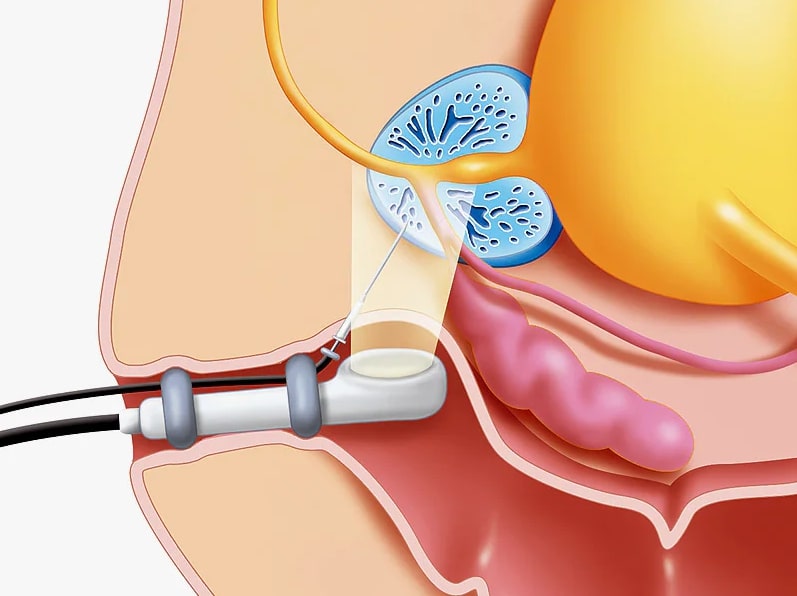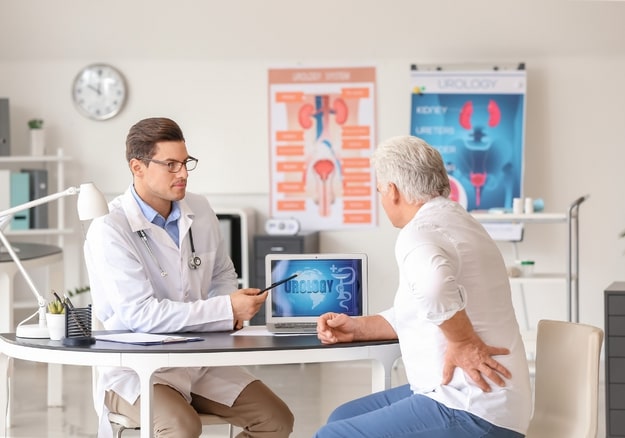PROSTATE BIOPSY
Our doctor has been the choice of hundreds of patients with more than twenty years of experience and thousands of successful treatments.
What are the risks?
prostate biopsy It carries some risks. The most common complications include bleeding, infection, urination problems, prostatitis, rectal bleeding, pain, and rarely, urinary tract narrowing. Infection may develop after the biopsy and the use of antibiotics is important. Bleeding may occur in the form of blood in the urine or rectal bleeding. These complications are usually temporary, but serious conditions can occasionally occur.

What are the types?
Transrectal Biopsy
Transperineal Biopsy
Transurethral Biopsy
MRI-Ultrasound Biopsy
Prof. Dr. Mustafa Sofikerim
“As the risk of prostate cancer increases, do not neglect regular check-ups and biopsies!”


How To?
prostate biopsyIt is a procedure usually performed under the guidance of a rectal ultrasound. The patient is anesthetized in the sensitive area of the prostate with an anesthetic cream or injection. The doctor takes small samples of prostate tissue using a thin needle from the rectum. There may be a slight discomfort or feeling of pressure during the procedure. The biopsy process takes about 10-15 minutes and is usually painless. Side effects such as mild pain, difficulty urinating and rectal bleeding may occur after the procedure.
Contact information
Telephone
Who is it done for?
Men recommended for prostate cancer screening, those with risk factors for prostate cancer, and men showing symptoms of prostate cancer may be candidates for biopsy. However, your doctor will perform a series of tests and examinations before deciding whether to perform a prostate biopsy. These tests may include blood tests, digital rectal exam, rectal ultrasound, and, when necessary, medical imaging tests such as magnetic resonance imaging (MRI).


Frequently asked Questions
Will I feel pain during prostate biopsy?
Since local anesthesia is usually used during prostate biopsy, you are not expected to feel pain. However, you may feel slight discomfort or pressure during the procedure.
What should I pay attention to after surgery?
After a prostate biopsy, complications such as bleeding, infection or urinary tract problems may occur. Therefore, it is important to follow your doctor's recommendations after the procedure.
How long should I rest?
After a prostate biopsy, it is usually recommended to rest for a few hours. However, you should follow your doctor's specific instructions as each patient is different.
When can I return to normal activities after prostate biopsy?
It usually takes a few days for you to return to normal activities after a prostate biopsy.
What kind of results can I get as a result of prostate biopsy?
As a result of prostate biopsy, a lot of information can be obtained, such as the presence or absence of cancer cells, the stage and aggressiveness of the cancer.
